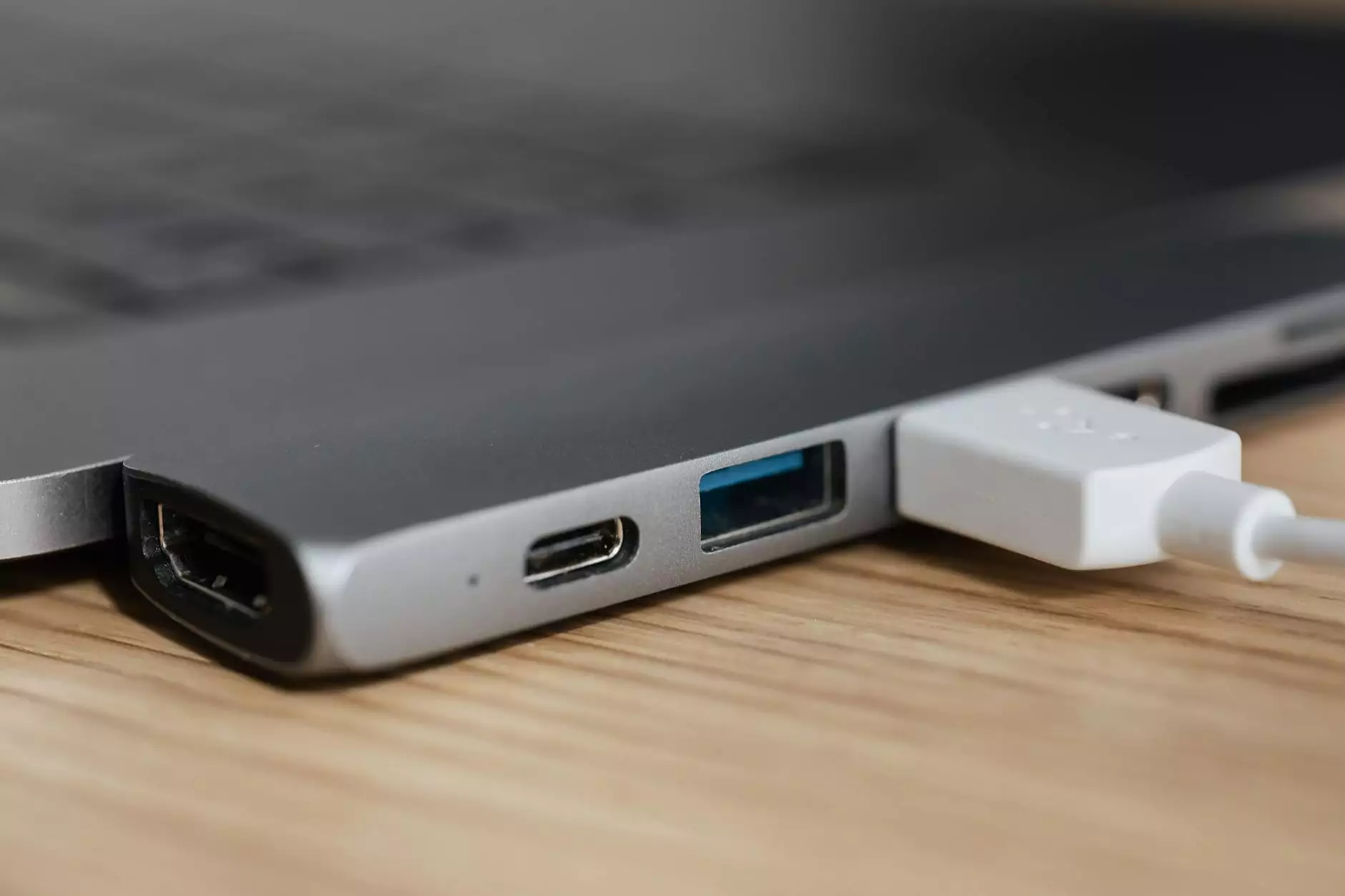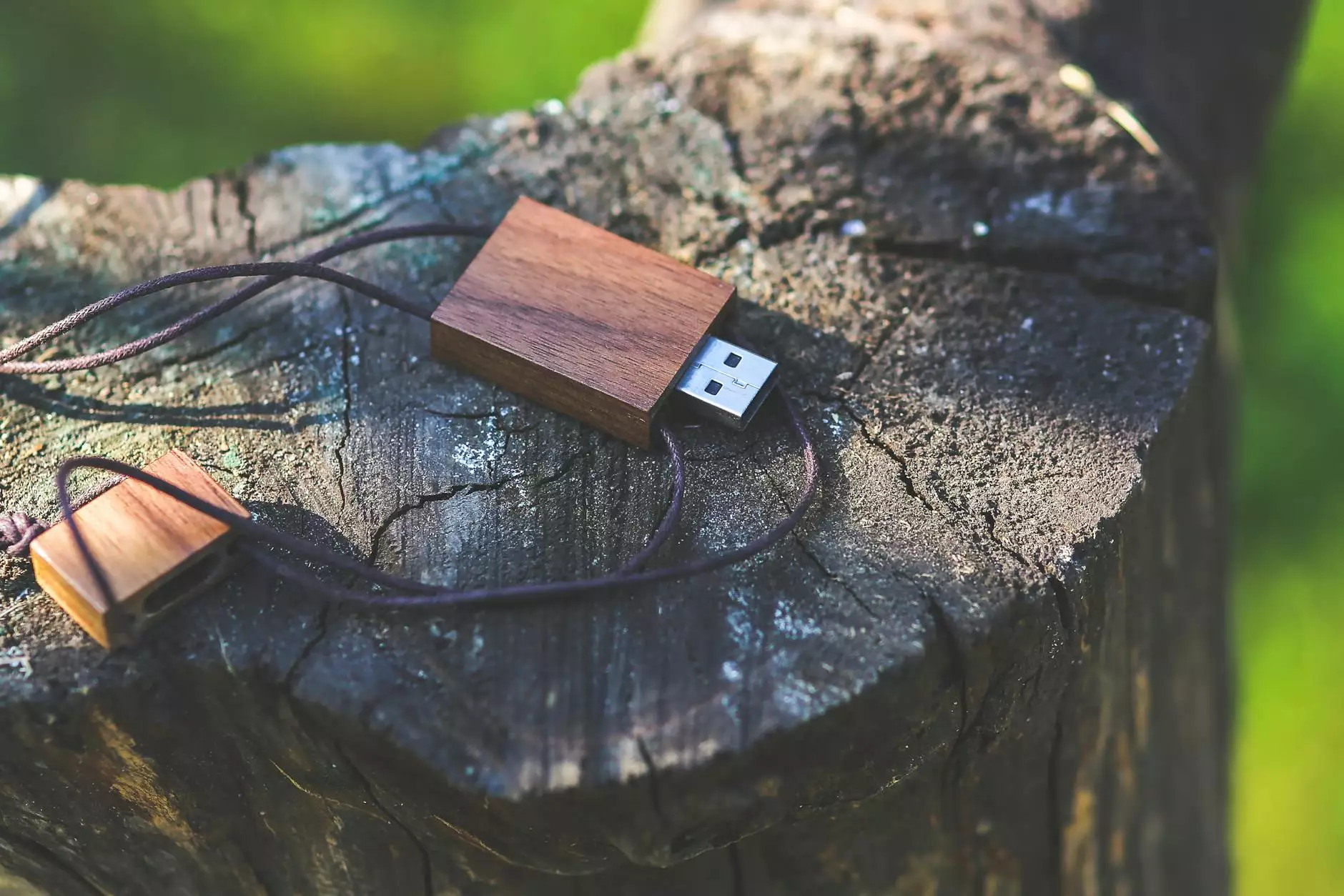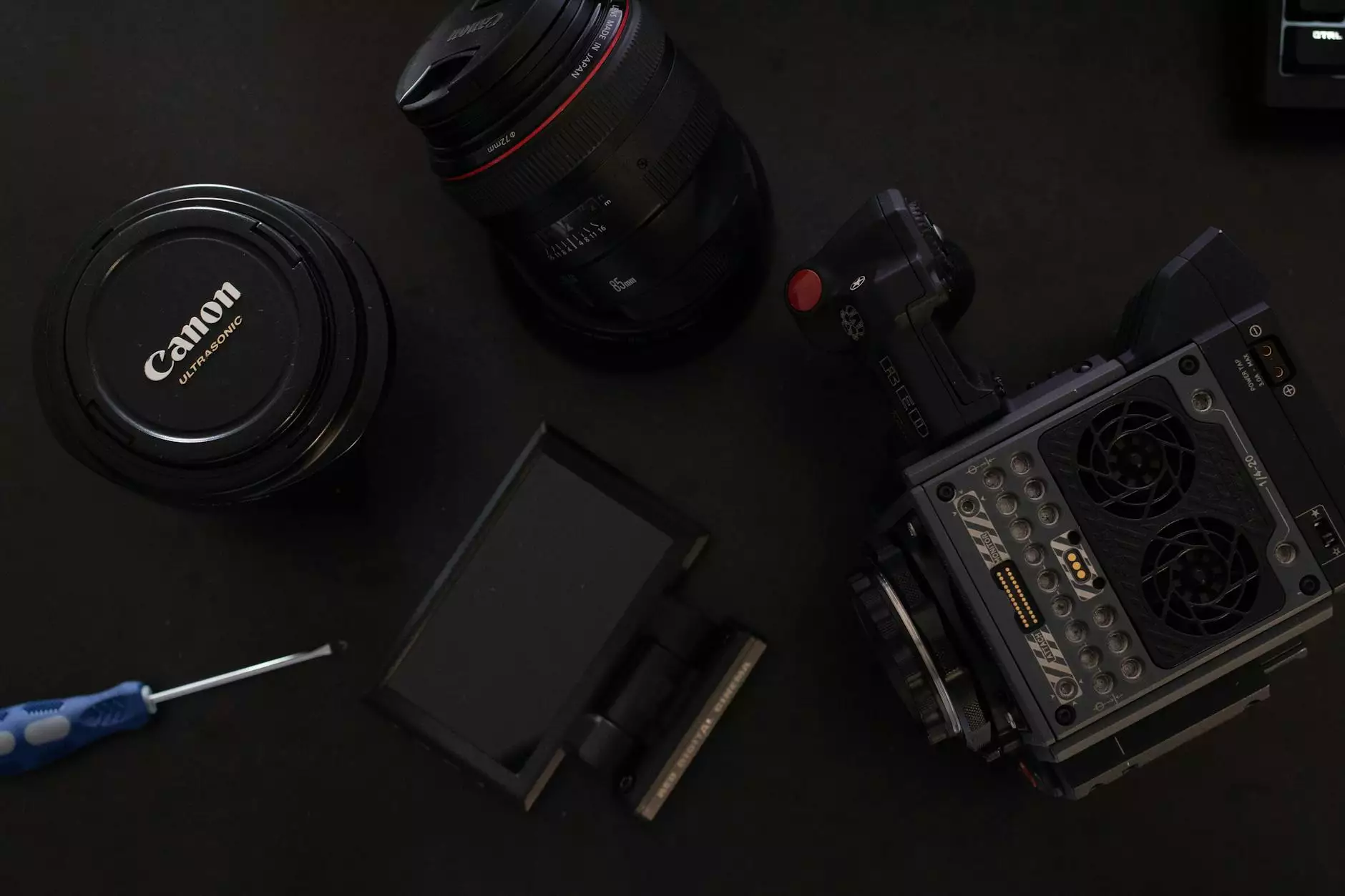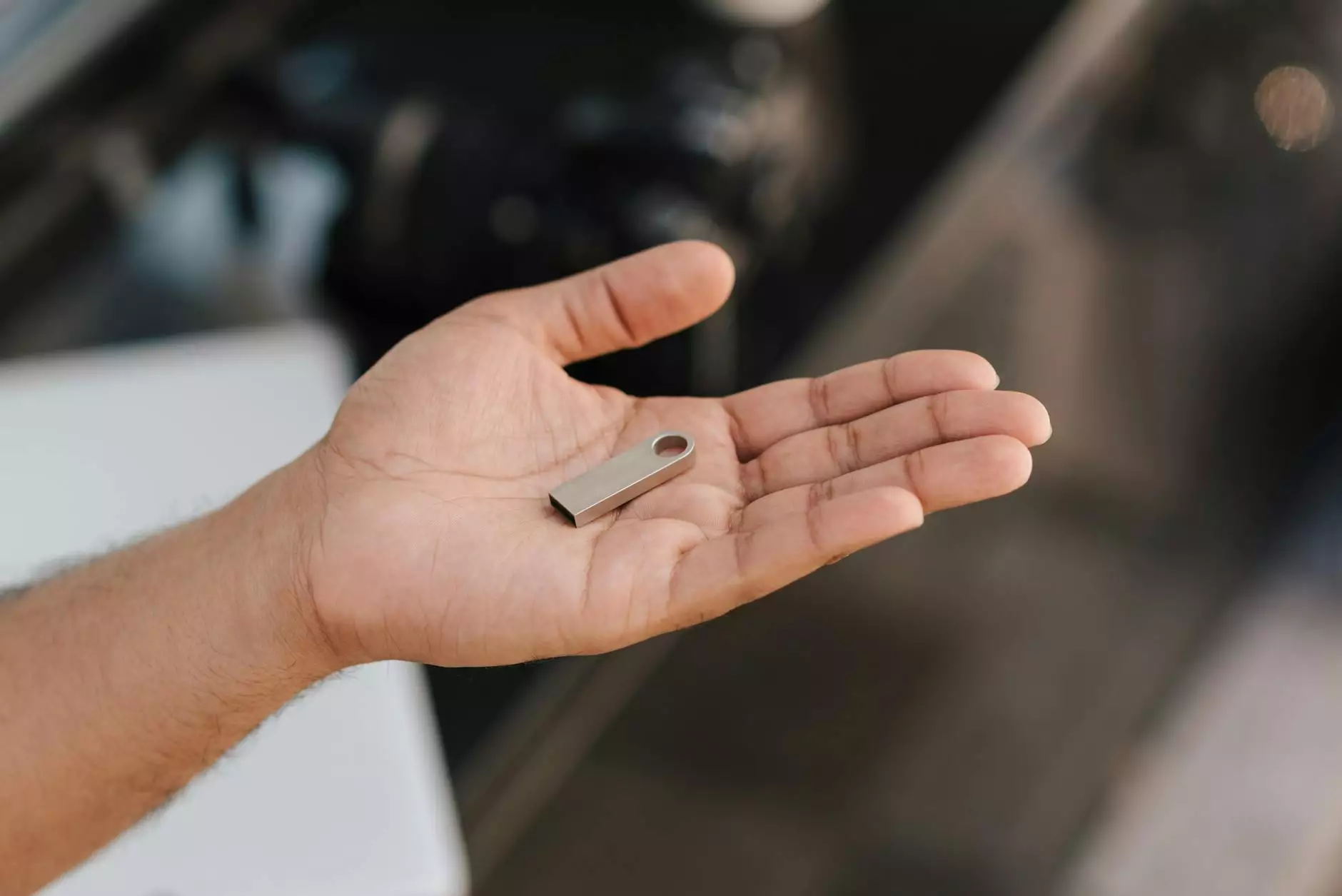Preventing Your USB Flash Drive from Overheating
Marketing
USB flash drives are convenient tools for storing and transferring data, but have you ever noticed your flash drive getting hot? Understanding why your USB flash drive overheats and how to prevent it can save you from potential data loss and device damage.
The Causes of Hot Flash Drives
There are several reasons why your hot flash drive may be heating up during use. One common cause is prolonged use of the flash drive, especially when transferring large files or running applications directly from the drive. This can cause the internal components to generate excess heat, leading to overheating.
Another factor that can contribute to a usb flash drive getting hot is the surrounding environment. If the drive is exposed to high temperatures or direct sunlight, it can overheat more easily. Additionally, using the flash drive with a malfunctioning USB port or in a poorly ventilated area can also lead to overheating.
The Dangers of Overheating Flash Drives
When a USB flash drive overheats, it can pose serious risks to both the drive itself and the data stored on it. Excessive heat can cause the internal components of the drive to degrade faster, reducing its lifespan and potentially leading to data corruption.
In extreme cases, an overheating flash drive can even cause physical damage to the drive, making it unreadable and resulting in permanent data loss. Additionally, high temperatures can affect the performance of the flash drive, slowing down data transfer speeds and increasing the likelihood of errors.
Preventive Measures
To prevent your USB flash drive from getting hot and avoid the associated risks, there are several steps you can take. Firstly, avoid using the flash drive for extended periods without allowing it to cool down periodically. This can help prevent heat buildup and maintain optimal performance.
It's also important to store your flash drive in a cool, dry place when not in use, away from direct sunlight and sources of heat. This can help regulate the temperature of the drive and reduce the risk of overheating. Additionally, using a USB extender cable to provide proper ventilation for the flash drive can help dissipate heat more effectively.
Best Practices for Data Safety
When it comes to keeping your data safe on a hot flash drive, regular backups are crucial. By copying your important files to multiple storage devices or cloud services, you can protect your data in case of drive failure or corruption due to overheating.
Furthermore, it's important to avoid running resource-intensive applications directly from the flash drive, as this can increase heat generation and accelerate wear on the drive. Instead, transfer files to your computer before working on them to reduce strain on the flash drive.
Conclusion
Understanding why your USB flash drive may be overheating and taking preventive measures can help you avoid potential data loss and device damage. By following the best practices outlined above, you can ensure that your flash drive remains cool and reliable for storing and transferring your important files.









